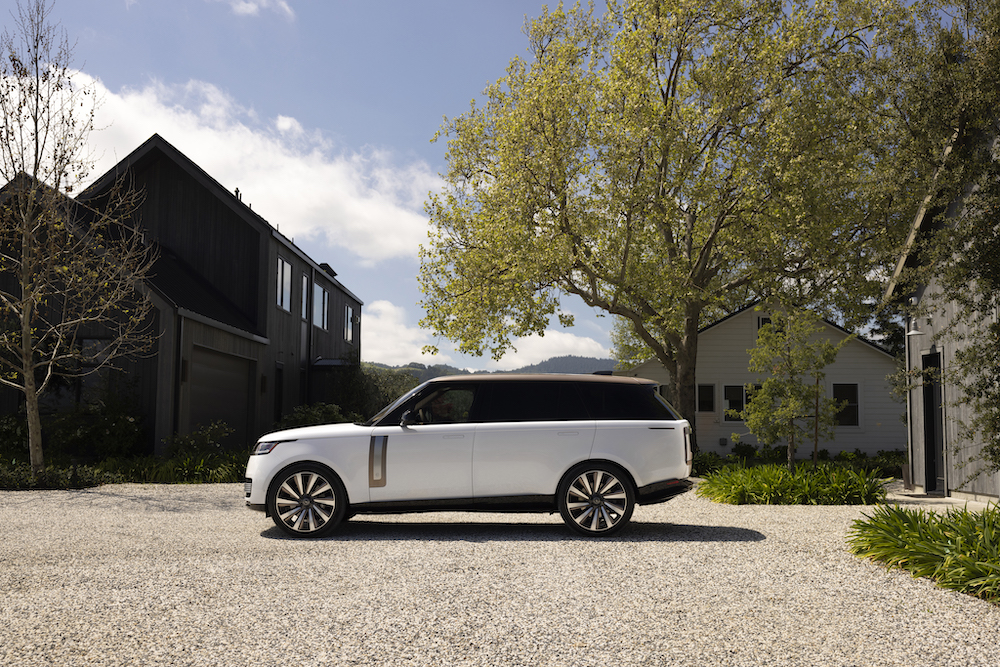When the fifth-generation Range Rover was unveiled in San Francisco in 2022, it marked more than the continuation of a legacy. It was a decisive statement of intent: a refinement of design, a redefinition of presence, and an evolution of what it means for a vehicle to embody luxury on the move. Over five decades, Range Rover has progressed from a capable off-road utility to a cultural marker, as at home in Belgravia as it is in the High Atlas or the Pacific Coast.
So, how best to configure multiple vehicles within an existing framework of family offices, private companies, international residences, and staff. Cars and support vehicles are rarely singular possessions; they form part of a broader network that enables family office life to operate seamlessly across multiple locations.
Leasing as a strategic approach
Leasing a Range Rover is not about lowering costs. It is about applying intelligence to mobility. Instead of tying capital into assets that inevitably depreciate, leasing preserves liquidity for deployment elsewhere or simply for the agility of the balance sheet. For families and organisations managing a spread of vehicles across multiple addresses, it removes the drag of resale and keeps the fleet current.
Pay less with smart leasing
The advantages of Range Rover Leasing extend beyond convenience. Structured intelligently, a lease can reduce monthly outlay compared with traditional finance arrangements, while simultaneously removing the complexities of resale. Working with a specialist ensures contracts are aligned with usage, from mileage to maintenance and that every vehicle is configured to deliver value as well as presence. In effect, smart leasing lowers operational costs while keeping each vehicle current, discreetly reinforcing the efficiency of a broader fleet strategy.
Streamlined fleet management
Vehicles are not always for the principal alone. They move staff between properties, support security teams, and maintain estates. Leasing brings predictability: fixed costs, comprehensive warranties, and streamlined maintenance. For an estate manager or family office, that predictability translates into operational simplicity, reducing administrative burden while ensuring every vehicle remains under manufacturer cover.
Security and suitability
A fleet strategy must also account for security. The Range Rover Sentinel, the armoured derivative of the marque, is built to discreetly provide protection without compromise to design or comfort. For certain global environments, this becomes not a luxury but a necessity. Leasing ensures that such specialist vehicles can be integrated into a broader plan without the complexity of long-term disposal.
Global integration
The demands of an international operation require more than a single vehicle. A Defender might remain the choice for remote landscapes, a Discovery for family and staff transport, but the Range Rover represents a different echelon of presence and comfort. Leasing makes it possible to structure fleets intelligently: a full-size model in London, a Sport in the Cotswolds, perhaps a Velar in the Balearics, each aligned with the rhythm of place, each seamlessly rotated without the inefficiency of ownership.
Structuring the right agreement
Selecting the appropriate lease arrangement is less about complication than calibration. The industry has matured to provide clarity, flexibility, and assurance, provided one considers the fundamentals with care:
- Contract length – Most agreements span 24 or 36 months, with longer terms often yielding reduced monthly outlay.
- Mileage parameters – Annual mileage limits are standard; understanding thresholds and charges for excess use ensures alignment with your needs.
- Warranty scope – Confirm which elements of servicing and maintenance fall within the warranty, so operational planning remains precise.
- Insurance cover – Comprehensive protection remains essential, safeguarding both principal and vehicle for the duration.
- Initial advance – Many agreements begin with a larger upfront payment; factoring this into the broader financial picture is key.
Range Rover leasing is not an alternative to ownership; it is an evolution of it. For discerning drivers and their teams, it is a way to ensure that every property, every office, every journey is supported by a vehicle that is appropriate, secure, and technologically current. In doing so, it transforms mobility from an asset burden into a fluid, strategic component of modern life.





